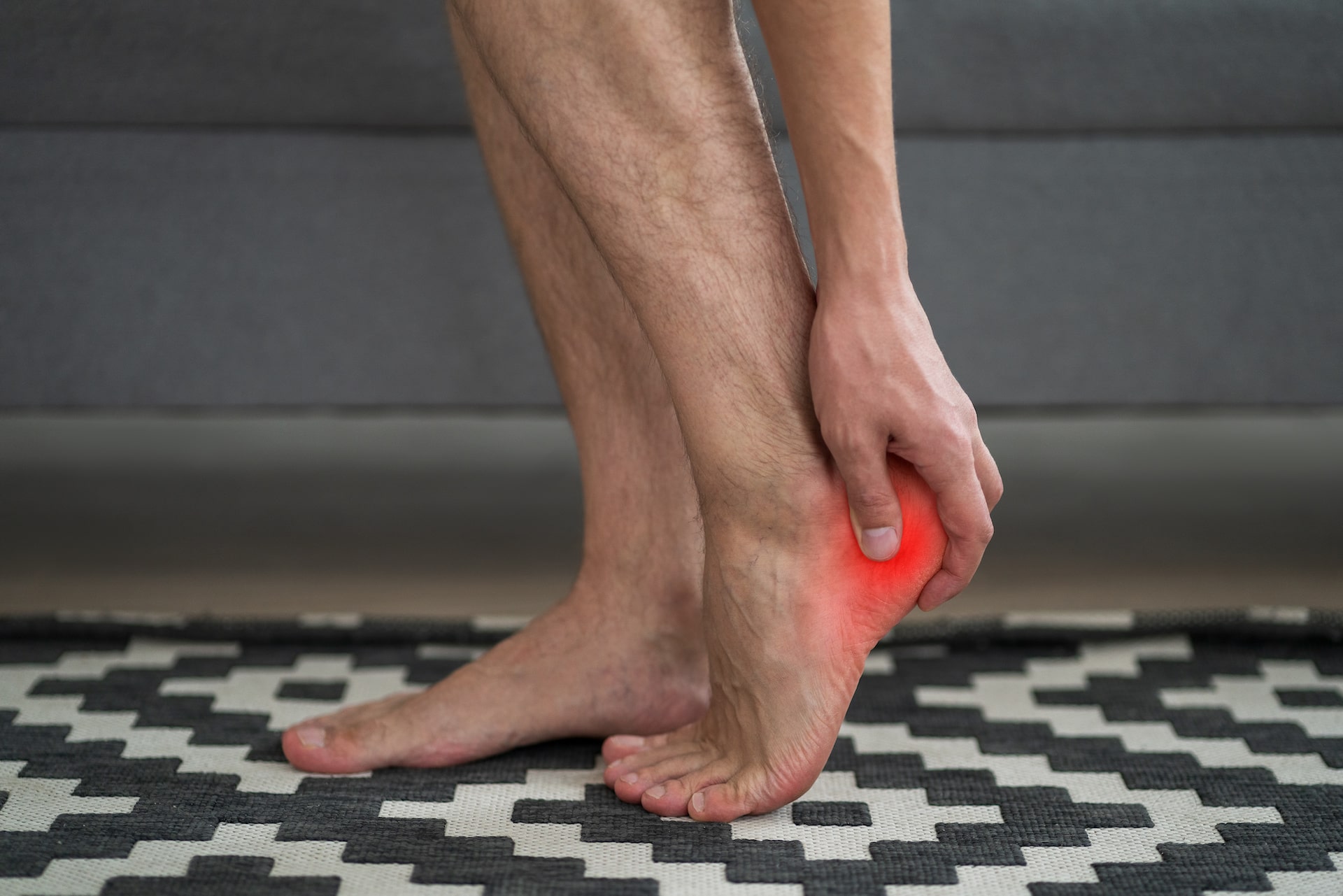Neuropathy from chemo
One of the most common side effects of chemotherapy is a condition called chemotherapy-induced peripheral neuropathy (CIPN). This occurs when chemotherapy drugs affect the nerves in certain parts of the body, especially the hands and feet. It results in tingling, numbness, and pain in the toes and fingers. When your feet are affected, it can affect your balance and gait, making you more likely to fall.
Treatment for CIPN may include medications that help reduce the pain, such as steroids, pain medications, and low doses of antidepressants. Your health care team may also wish to modify your chemo medications if the CIPN is severe. Physical and occupational therapy may help, as well as using walking assistance if needed, such as installing hand rails at home or using a walker or cane.
To take care of your feet, you should wear properly fitting, supportive shoes at all times, including when you’re at home. Protect your feet from cold by wearing comfortable socks and boots in the winter, and stay off your feet when you can. You should also check your feet daily for injuries or sores. In some cases, special inserts for your shoes (orthotics) may be helpful. Also make sure you check water temperature carefully in the bath or shower. Feet affected by neuropathy may not detect hot water, and can be burned.
Hand-foot syndrome
Unlike CIPN, hand-foot syndrome doesn’t involve the nerves in your feet. It is a skin reaction caused by certain chemo drugs that affects the tiny blood vessels in your skin called capillaries. Hand-foot syndrome commonly affects the skin on the palms of the hands and soles of the feet.
Hand-foot syndrome can be mild, moderate, or severe. Mild symptoms include redness, tingling, burning, and sensitivity. It can also cause pain, skin problems such as cracking, calluses, and sores — and these things can make it difficult to walk.
To help combat this problem, you’ll want to treat your feet gently. Don’t use hot water in the shower or bath, and avoid high-impact activity and standing for long periods. Don’t rub your feet with a towel, and use a very mild lotion or cream on the skin if needed. Be sure your shoes are comfortable and don’t rub the skin. Your physician may be able to modify or reduce your chemo dosage if the hand-foot syndrome interferes with your life.
If you’re taking chemo and notice any problems with your feet, talk to your physician. Your feet need special care during cancer treatment — as well as the rest of your body. Together, you and your physician can come up with a plan to minimize these side effects and help you feel better.



